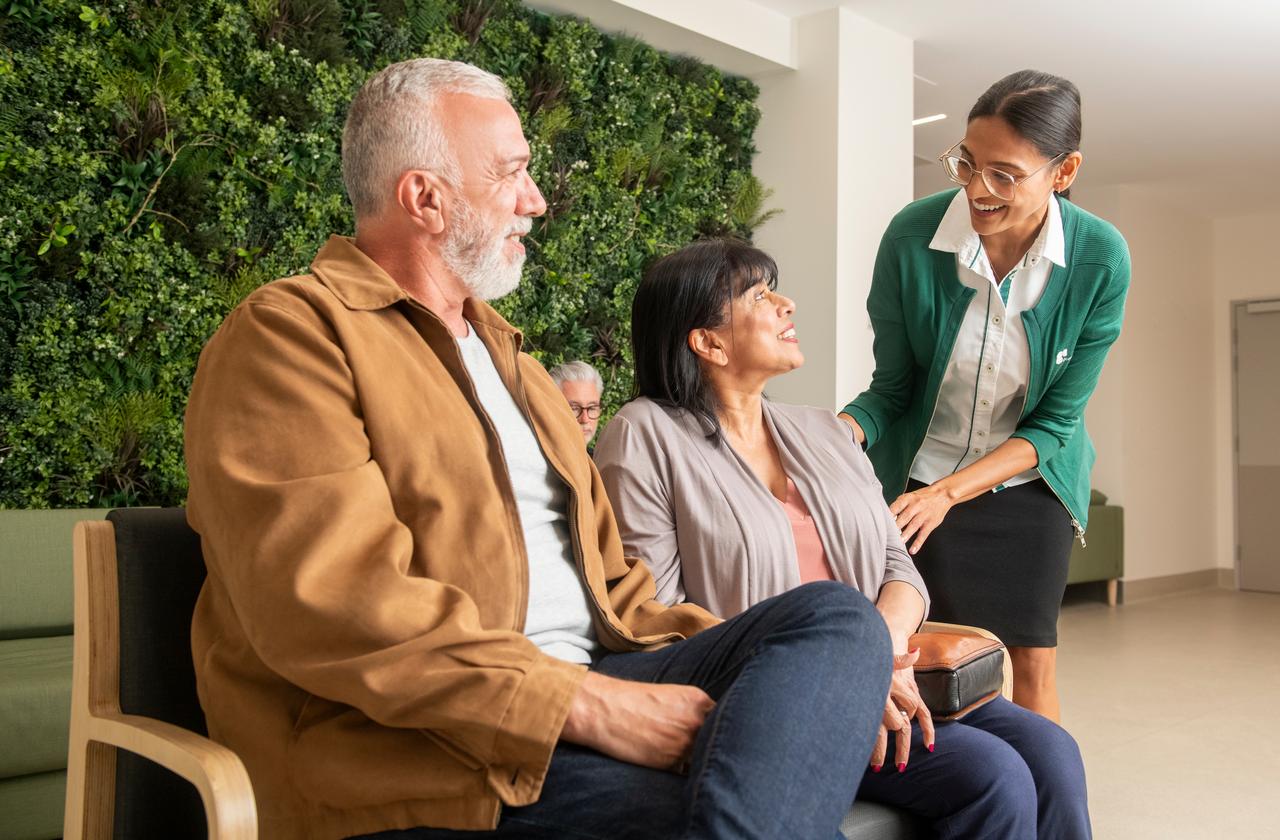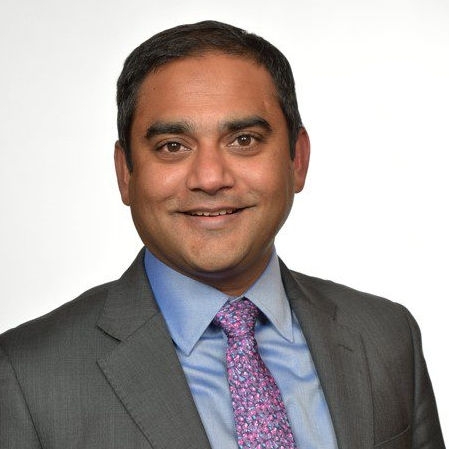- Patients
- Exploring cancer care
- Conditions we treat
- gastric MALT lymphoma

Gastric MALT lymphoma
Gastric (MALT) lymphoma is a form of B-cell non-Hodgkin lymphoma and is a slow growing type of blood cancer. Find out more about the symptoms, how its diagnosed and treatment options available at GenesisCare
What is gastric MALT lymphoma?
MALT Lymphoma is a type of B-cell non-Hodgkin lymphoma which is a group of cancers that affect the lymphatic system (a network of tubes and nodes that help to fight infection). It starts when white blood cells called B-cell lymphocytes begin to grow in an uncontrolled way.
MALT gets its name from the mucosa-associated lymphoid tissue (MALT) where it’s found, most often in the lining of the stomach. This is called gastric MALT lymphoma.
It's a slow-growing cancer that responds well to treatment, especially as it's usually diagnosed early.
What causes gastric MALT lymphoma?
Gastric MALT lymphoma is most often caused by an infection in the stomach lining called Helicobacter pylori (H. pylori). This is a very common infection that causes indigestion but rarely any serious problems. However, it can sometimes cause lymphoma if the stomach lining has been inflamed for a long time.
It can affect anyone at any age, but it's more likely as you get older
What are the symptoms of gastric MALT lymphoma?
It’s possible for gastric MALT lymphoma not to cause any symptoms and to be detected during tests for something else. However, it can cause symptoms such as
- Feeling sick
- Indigestion
- Loss of appetite
- Tummy pain
Depending on how advanced the cancer is, you might also experience:
- Night sweats
- Fever
- Unexplained weight loss
It's important that you talk to your doctor if you're experiencing any of these symptoms so that the underlying cause can be identified. Having one or more of these symptoms doesn’t always mean you have cancer but it’s always important to speak to a doctor if you’re experiencing symptoms. Cancers diagnosed early have a much better chance of being cured, especially with the many modern cancer treatments available.
How is gastric MALT lymphoma diagnosed?
You'll need an investigation called an endoscopy. This is a very thin tube with a camera inside being passed into your stomach through your mouth to remove a small section of the stomach lining (a biopsy). This endoscopy is performed under sedation and is quite painless. The biopsy will be sent to a lab to investigate the cells under a microscope and look for any signs of abnormal growth.
You may also have a blood test or a special breath test to detect any signs of the H.pylori infection.
This can be a worrying time, but most gastric MALT lymphomas are diagnosed at an early stage when it's still a low-grade cancer and growing very slowly. At this stage it's curable.
If your consultant suspects that it's progressed into a high-grade disease, they'll arrange for more diagnostic tests to confirm this.
Cancer treatment for gastric MALT lymphoma
How is gastric MALT lymphoma treated?
If caused by the H.pylori infection, gastric MALT lymphoma can often be successfully treated with antibiotics. If H.pylori isn’t the cause, or antibiotics haven't worked, a different treatment will be needed. These can include:
- Radiotherapy
- Chemotherapy
- Surgery
Your consultant will recommend what is best for you. Radiotherapy, for example, uses high-energy beams to destroy the cancer cells and because lymphoma is very sensitive to radiotherapy, it’s a good treatment option for early-stage lymphoma.
Modern radiotherapy techniques effectively target the stomach and carefully avoid surrounding healthy tissue. These include MRI-guided radiotherapy, exclusively available at GenesisCare. You can find out more about MRIdian radiotherapy for gastric MALT lymphoma here.
Why choose GenesisCare?
We offer the latest innovations in radiotherapy treatments and techniques, including MRIdian MRI-guided radiotherapy for gastric MALT lymphoma. This treatment is delivered by a highly experienced team of cancer experts at our centres in Oxford and Cromwell Hospital in London, in as little as 12 treatment sessions, minimising disruption to everyday life.
GenesisCare is a leading independent provider of world-class private cancer care, including chemotherapy, immunotherapy, and radiotherapy, together with supportive care such as counselling and wellbeing therapies
Reviewed by:
Dr Karthik Ramasamy
Haematologist
October 2024
